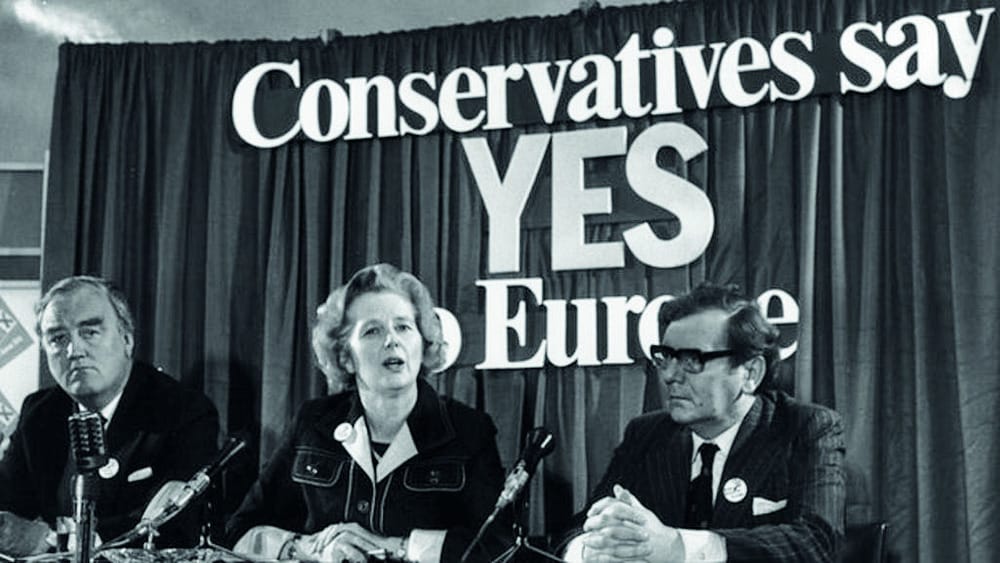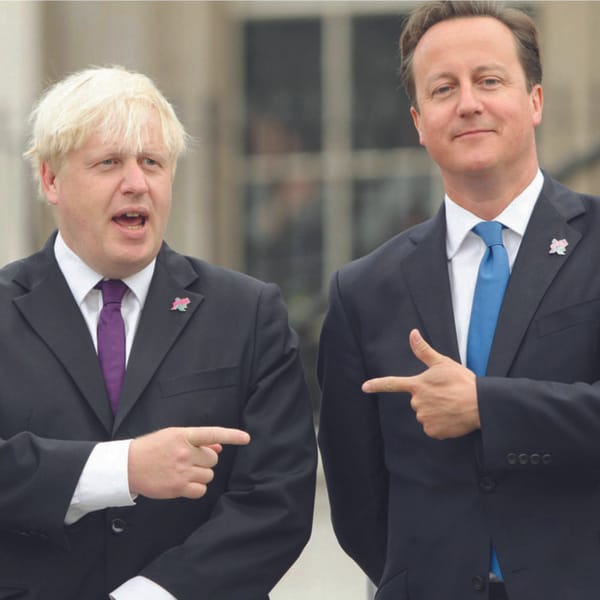The left vs the EU
A vote to remain in the EU is a vote for right-wing idealogies

Before Obama’s recent tour of the country (mainly London, of course), I was largely on the fence over how I’d vote in the EU referendum. Unfortunately for him however, he didn’t manage to convince me to vote to remain. Instead, his warnings of being put at the back of the line for neoliberal negations like TTIP reinforced my left wing case against the EU.
When we think about Brexit-ers, we often think of xenophobic individuals saying that they remember how great the country was before the European Union whilst hoisting St. George’s Cross up a flag pole. But what most on the left don’t think about is the strong left wing argument for leaving the EU.
The EU is the antithesis of left-wing politics and economics. Spawned from the first emergence of neoliberal politics of the 1970s and 80s and coinciding with Thatcherism in the UK, it is these politics that still dominate EU policy to this day, and act to mean that it supports big business over the real interests of the people of its member states. A topical example of this is the crisis of the UK steel industry. While the EU does not explicitly ban the nationalism of an industry, it heavily implies that it is not allowed, with governments not allowed to invest in ventures that would reduce competition in the market and reduce the profits of other businesses (even if it means saving 40,000 jobs). This also poses a problem to renationalising the railways, an issue that has regained a lot of support lately. Would state ownership and operation of rail services reduce competition in the transport sector? Of course – but hopefully to the benefit of those that use it. And of course, we cannot forget the ruthless imposition of austerity policies on the Greek economy.
When Obama told me I’d be back of the line for neoliberal trade agreements like TTIP (the Transatlantic Trade and Investment Partnership, which is admittedly coming under fire in many countries but still being pushed for), I thought “great, so be it”. While these are just a few anecdotal examples, and of course I’m not inferring that leaving the EU would solve all of our economic problems, I’ll be voting to leave as I oppose the nature of the EU’s ideologies.
An argument I often hear on the left is that leaving the EU will trigger, or facilitate, a rise in xenophobic, closed-borders nationalism. While I do agree that this is a danger (there is a big difference between patriotism and unhealthy nationalism), the rise of the right and far-right across Europe scares me just as much. Just this week, Austria narrowly avoided a far-right president, with a victory for the centre-left of 50.3% to 49.7%. In Hungary, Denmark, and even Sweden, the rise of the right is reflective of the whole of Europe. And personally, that doesn’t entice me. An interesting parallel is the argument for devolution (the handing of more powers to local authorities) in this country. Many people who support giving more power to Cornwall or Manchester because they can’t be governed in the same way as the London or the South East don’t support leaving the EU.
Don’t get me wrong though, I do think that the EU has some great policies and initiatives, and I don’t think it’s some malicious machine out to get us all. Of course, being STEM students, we can’t overlook the benefits that Europe brings us in terms of scientific funding or collaboration. Freedom of movement is fantastic when going through customs. And there are a myriad of reasons, easily accessible elsewhere, for staying in the EU that I completely agree with. But I don’t agree with Greek economist Yannis Varoufakis (though he is probably much more qualified than me) when he says we should vote to remain so that we can negotiate and change the very nature of the EU from within. Being only one of 28 member states, and given the amount of red tape and (primarily Germany’s) resistance to change, I just don’t see that as being possible. If we could scrap the EU and start again from scratch, a completely new union, I would wholeheartedly support this.
I know I’ve omitted a lot of key points like workers’ rights, the human rights act and trade agreements, but the EU debate has so many things to consider, and can split those on the right or on the left. On the left we should take a step back, and look at the real left issues, and not be (too) snobby about our Brexit counterparts.
All in all, my main issue with this is the nature of the referendum. Do I want to stay in the EU, or be governed by pure, unadulterated Cameron and Osborne? Neither, really.






